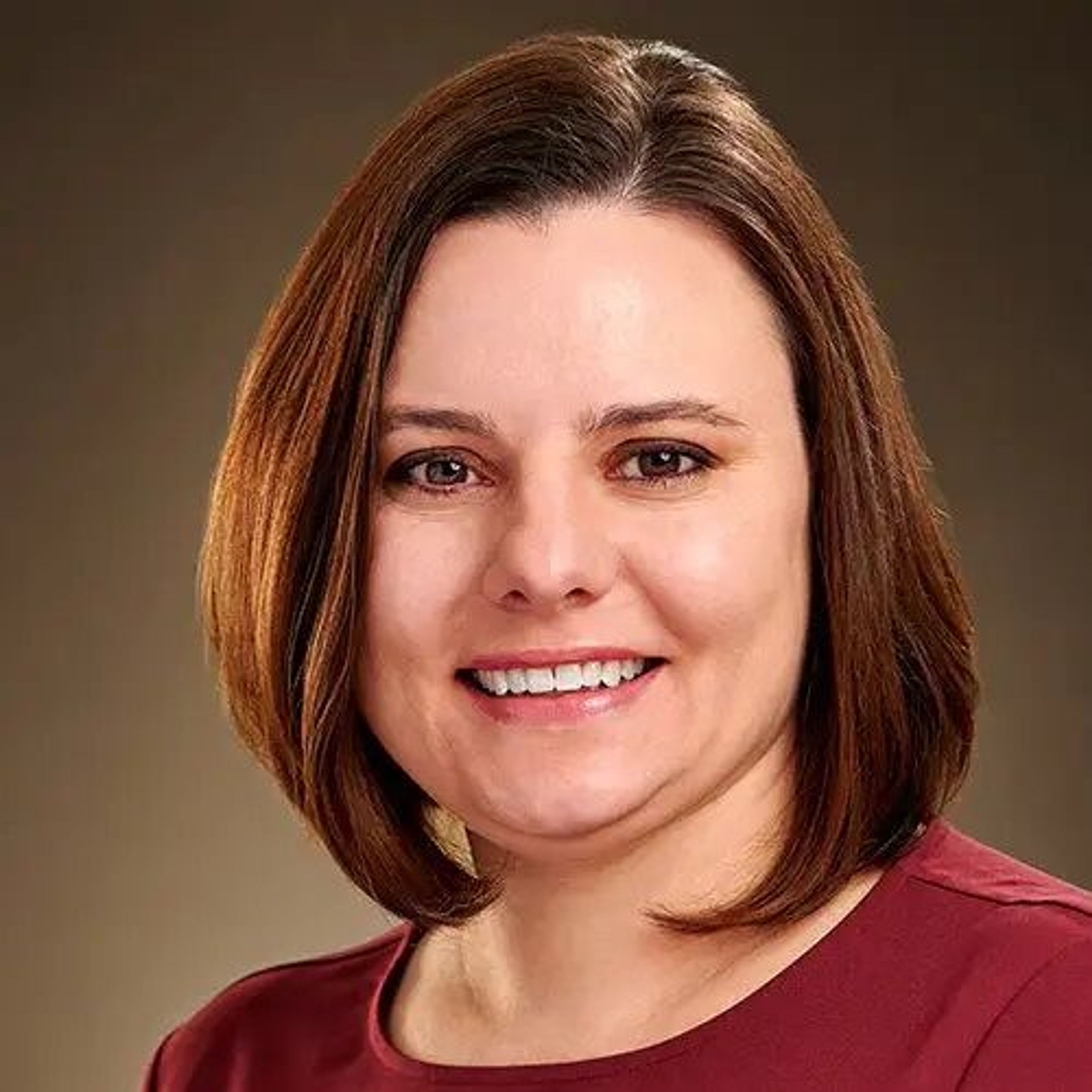Idaho abortion ban’s scope and few exemptions lead to lawsuit
Women, doctors say lack of exemptions puts mothers’ health at risk and muddles medical priorities
Four women, two doctors and the Idaho Academy of Family Physicians are suing the state of Idaho over its lack of exemptions in the state’s abortion bans.
The women named in the case, which is part of a legal effort by the Center for Reproductive Rights that includes legal challenges in Oklahoma and Tennessee, were all denied abortion care when they faced severe health complications and their fetus had a fatal diagnosis. All of the women had wanted pregnancies.
The group announced the lawsuits in a virtual news conference Tuesday morning. The lawsuit was filed in Ada County Fourth District Court against the state, Gov. Brad Little, Attorney General Raúl Labrador and the Idaho State Board of Medicine.
Idaho’s abortion laws include an exemption to prevent the death of the mother, but there is no exemption to protect their health; there are also no exemptions for when the fetus is unlikely to live.
Caldwell resident Jennifer Adkins found out earlier this year she was expecting a second child, she said at the news conference. She and her husband were excited about the baby’s arrival, expected around Halloween. However, they found out later on that the fetus had likely developed Turner Syndrome — the fetus had a missing X chromosome which causes developmental problems that made it likely Adkins would miscarry.
Adkins said she was told the risks to her own health would increase the longer she remained pregnant. She couldn’t receive an abortion in Idaho and had to travel to Oregon for the procedure.
“People in Idaho must be able to make informed decisions with their doctors without the intrusion from politics,” Adkins said. “What I needed was an abortion.... I only wish I had been able to grieve the loss of my baby at home without all this added heartache.”
The other women, Meridian resident Jillaine St. Michel, former Nampa resident Kayla Smith, and Ada County resident Rebecca Vincen-Brown, all had pregnancies that they chose to end when facing health risks because of fatal fetal complications.
The lawsuit is asking for more exemptions to both Idaho’s total abortion ban, which made nearly all abortions a felony and is known as the trigger law as it was triggered by the overturning of Roe v. Wade, and the Texas-style abortion ban that allows family members to sue providers who perform an abortion after six weeks.
Dr. Emily Corrigan, an Idaho OB-GYN, is one of the plaintiffs and is arguing that she and her colleagues are too afraid to provide the care they think is necessary in emergency situations because of the way the law is written.
Corrigan also spoke at hearings during the 2023 legislative session in which lawmakers passed a bill that made changes to the trigger law, clarifying some of the exemptions such as that treating an ectopic or molar pregnancy and removing a dead fetus wouldn’t be an abortion under the law. Most medical providers who spoke at the hearings said the changes helped, but did not go far enough in protecting doctors or allowing them to use their best medical judgment.
Corrigan reiterated Tuesday that the changes made in HB 374 were not enough to keep doctors in the state.
“Our medical community here in Idaho is experiencing catastrophic loss that is going to take decades to fix once we get these laws improved. We’re still in a terrible downward spiral right now,” she said.
According to the lawsuit, of nine maternal fetal medicine specialists who practiced in Idaho before the ban, four had left and one intends to retire at the end of 2023.
In the court documents, the Idaho Academy of Family Physicians — which is a professional organization with 656 members — argued that “since Idaho’s abortion bans have been in effect, the quality of care that Idaho patients receive during pregnancy has declined.”
The group’s members face fear and confusion over what care they can provide and are afraid to have “open and frank conversations” about abortion with their patients, the lawsuit said.
“A collapse of the system seems inevitable and will result in grave danger to all Idahoans needing any form of healthcare—not only those who may need abortion care in the future,” the lawsuit said.
Plaintiff Dr. Julie Lyons, a family physician in Hailey, said in the suit that her practice has also had challenges “navigating the uncertainty and lack of clarity” in the laws.
Lyons said in addition to sometimes having to deny or delay abortion care, she has had to spend more time documenting patients’ notes and running additional tests and screens than medically necessary in order to “over-document the justification” for providing the care to pregnant patients to avoid criminal prosecution or civil litigation.
“These additional hoops take time away from patient care, drive up overall costs for her patients who already struggle to make ends meet, and increase Dr. Lyons’ chances of developing burnout,” the lawsuit said.
Marc Hearron, senior counsel for the Center for Reproductive Rights, said Idaho’s laws are among the nation’s “most extreme.” He said the goal with each of the three cases is to provide a physicians’ good faith judgment as the standard for exemptions and include fatal fetal diagnosis.
“It has wreaked havoc on the entire maternal health care system in Idaho,” Hearron said of the bans. “Obstetrician gynecologists are fleeing the state in droves because they do not want to work in a state where significant parts of their profession are criminalized.”
Guido covers Idaho politics for the Lewiston Tribune, Moscow-Pullman Daily News and Idaho Press of Nampa. She may be contacted at lguido@idahopress.com and can be found on Twitter @EyeOnBoiseGuido.





